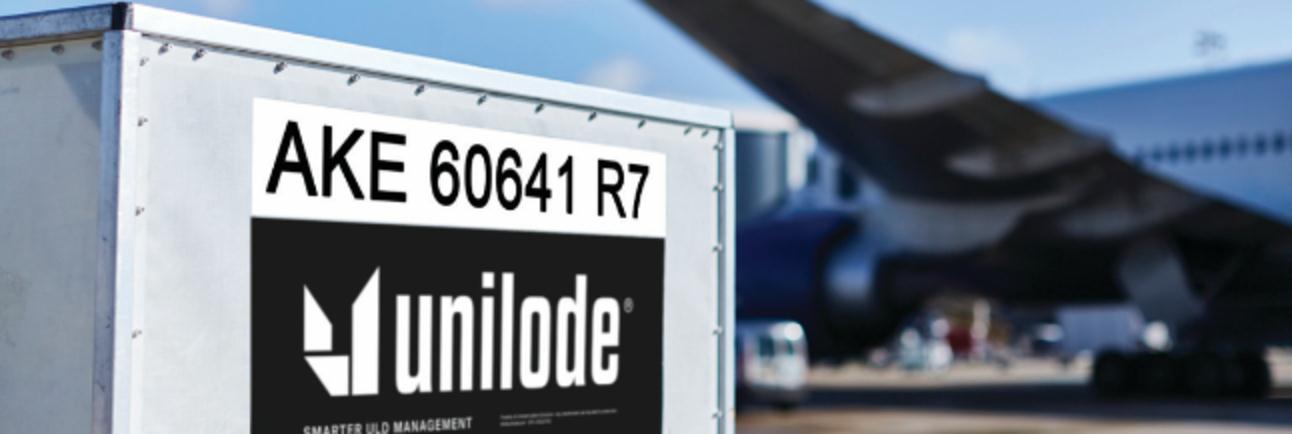The wheel of airline alliances took another turn with the announcement of a broad capacity and network partnership between Cargolux and Emirates. Earlier this year the European all-cargo carrier had clearly signalled its desire for an alliance with a passenger airline as a strategic move to stay aloft, with president and CEO Richard Forson warning that going it alone might not be viable in the long run.
Forson had talked of an ACMI arrangement that would give Cargolux better utilization of its Boeing 747 freighters, but the partnership with Emirates aims well beyond this. According to Emirates management, the Middle Eastern carrier will use Cargolux freighters to complement its own fleet of 777 cargo aircraft, while Cargolux gains access to its new partner’s bellyhold capacity that serves over 150 destinations in 83 countries. The pair will develop block space and interline agreements for each other’s networks, offering customers enhanced global reach, Emirates stated.
The extent of the planned cooperation means a considerable alignment of the two airlines, with far-reaching repercussions for their respective suppliers and other business partners. For one thing, June will see the start of Emirates freighters landing in Luxembourg, while Cargolux is going to step up its flights to Dubai, which it currently serves three times a week.
At both locations, the pair will be handled at the same facilities. In early May Luxembourg airport started the construction of four cargo aircraft stands. The decision for this was taken long before Cargolux and Emirates got close to their agreement, but more parking space for freighters will be welcome as the pair ramp up their collaboration.

For ULD provider Unilode Aviation Solutions, which has Cargolux on its client list, the trend of airlines to seek alignments will have some impact on the type of equipment it needs to source, but the diversity of its customer base and its ULD pool means that it will not be much affected, according to Don Jacobs, director of sales, marketing and account management.
“Our model is suitable to react to any trend,” he said, adding that there is much common ground between freighter and belly operators when it comes to their equipment needs. Freighter operators need some special equipment, but this is a small percentage, he noted.
“There is a lot of commonality between freighter and belly operators. We’re used to handling both in our network,” he said.
Since Unilode has several all-cargo carriers in its portfolio (including AirBridgeCargo and Cargojet) as well as a host of passenger airlines, the mix of ULDs under its management is ample and provides enough flexibility. More freighter involvement comes from its business with combination carriers like Cathay Pacific and Saudia.
Flexibility is also the biggest benefit for airlines in using a ULD provider like Unilode.
“We give carriers flexibility,” said Jacobs. “If you look at the volatility in the cargo market and airlines making changes to their fleet, with us they won’t be stuck with excess equipment. We pay for the investment. They pay for what they use with us.”
It helps if carrier alignments don’t happen abruptly. The collaboration between Air Canada and Cargojet, where the freighter outfit flies to points in Latin America and to Frankfurt for the passenger airline to market, was built up over a lengthy period of time. “It helped. We had enough pre-warning,” recalled Jacobs.
The collaboration should also lead to some integration on the IT side. Again, getting information early helps Unilode to have enough lead time for changes in the operation.
“We create visibility. That’s one of the benefits we bring to the table,” said Jacobs.
The number of airline alliances on the cargo side over the past couple of years and the pressures in the market suggest that the Cargolux-Emirates tie-up will not be the last carrier alignment. In April, United Airlines and Lufthansa signed a joint venture agreement for “extensive cargo co-operation.” Most observers reckon that this trend will continue, but it remains to be seen how it will evolve and at what pace.
“It’s difficult to predict the alignment trend,” Jacobs said, adding that there are few signposts to steer by. “Historic information is no guarantee for the future,” he said.
By Ian Putzger
Air Freight Correspondent | Toronto



